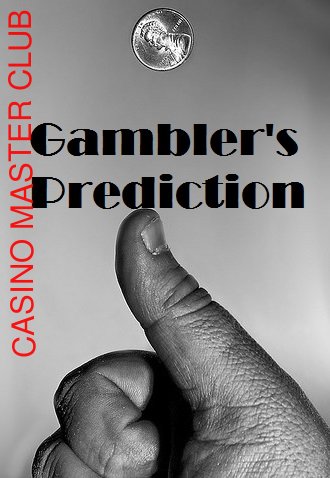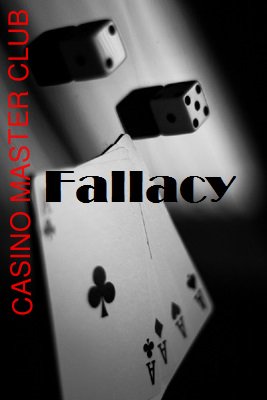While making any kind of choices, we always experience that events tend to be unpredictable at some points.
Scientists have discovered that uncertainly made decisions derive from the poor understanding of the correlation between our prediction and probability theory. So in this research, we try to show that humans, despite being good at analyzing various real-life situations, still can make mistaken verdicts due to not applying the rules of statistics. The traditional judgment of people doesn’t always correspond with the special conditions of the situation that leads to some misconceptions.
Definition
This article illuminates the phenomena of illusions (when staking) and its consequences; the issue of the gambler’s fallacy in online casino gaming, and the rush choices. The disorientation of the human brains is caused by the thing that it is easy to percept the sequence of events (and investigate them being connected to each other) than to consider each situation separately. Therefore, the conception of the gamer’s self-deceptions implies the misinterpretation of ‘about to happen’ occasions judged on the latest outcomes.
For instance, there is a boy who likes throwing coins and making assumptions about the result each time. Obviously, he follows common logic rules (which tend to be inaccurate in this case) and thinks that after 4 times of heads together the next is a tail in near throws (i.e. he thinks a tail is going to happen with > 50% of chances). Such opinion is a good instance of the gambler’s fallacy because there is always approximately a 50% chance of getting any of the coin’s sides.
The Hot Hand – What Is This?
The hot hand (HH) in online casino is quite different from the previously discussed effect. It is when repeated sets of fail or successful events allow making a supposal of further results. This can be clarified better by giving an example. Let’s assume that some girl, who plays with a coin, tries to guess which side will be on top each time she flips it up. If after 3 or 4 positive consecutive guesses she thinks that further everything will turn out correct too (because she has caught a hot hand), then she falls into illusion (she overestimates the chances due to the previous winnings). But actual possibilities are still even.
 So, the gambler’s fallacy and HH imply the certain coin side to be expected, but in the 1st case, the predictions would be opposite to the previous events, while in the 2nd case, the expectations will be similar to the last winning. Each of these biases describes different things (the 1st one shows the assumption of appearing one or another result, the 2nd is more about prospects concerning individual luck to keep happening).
So, the gambler’s fallacy and HH imply the certain coin side to be expected, but in the 1st case, the predictions would be opposite to the previous events, while in the 2nd case, the expectations will be similar to the last winning. Each of these biases describes different things (the 1st one shows the assumption of appearing one or another result, the 2nd is more about prospects concerning individual luck to keep happening).
Gambler’s Fallacy versus Hot Outcome
The gaming behavior of people who play tactically that is actually the gambler’s fallacy, they prefer setting stakes on figures that were not frequent in the recent sequences. On the contrary, when gamers play guided by the hot outcome, they would likely set bets on the events that are correctly guessed in a row.
Hot Hand versus Stock of Luck
According to the research data, we can definitely draw the distinction between HH and the stock of luck (SL). To understand the player’s behavior, we analyze the statistics of user bets. Thus, if a person has won recently, he/she will make the same bet to continue winning.
To grab the distinction between these biases, there is a need in analyzing the betting habits after winning on the latest spin (flip) and after failure. If the overall quantity of stakes on the previous spin (of monitored participants) is bigger after the positive outcome, then those individuals play with the feeling of continuous luck, if otherwise – with the SL. It is significant, that most people are more vulnerable to the HH.